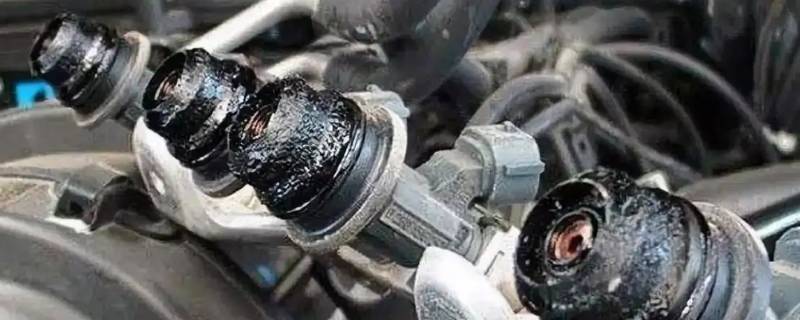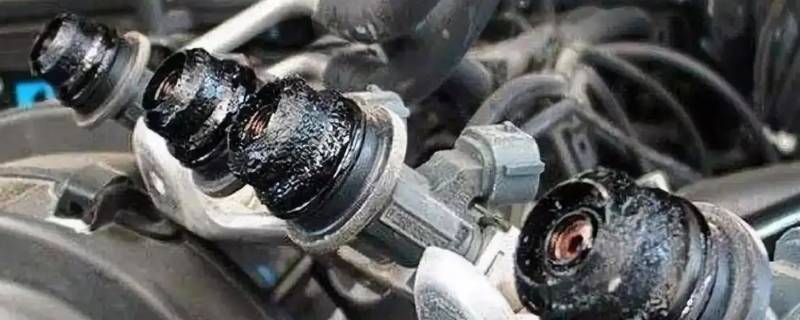Why is the engine shaking? What are the causes?
Sep 10, 2024

The causes of engine jitter may come from many aspects, and common causes include the following categories:
1. Ignition system failure
Spark plug damage or wear: Aging or damage to the spark plug may cause incomplete combustion, causing engine jitter.
Ignition coil failure: The ignition coil cannot provide enough voltage, resulting in unstable ignition or misfire.
Ignition high-voltage wire aging: Aging or damage to the high-voltage wire will cause poor current transmission, thus affecting the ignition effect.
2. Fuel system problems
Fuel nozzle blockage: Carbon deposits or blockages in the fuel nozzle, uneven fuel injection, will lead to incomplete combustion, causing jitter.
Fuel pump or fuel filter failure: Insufficient fuel pump pressure or fuel filter blockage, resulting in insufficient fuel supply, affecting the normal operation of the engine.
3. Intake system problems
Intake manifold leakage: Leakage in the intake system will cause an imbalance in the air and fuel mixture ratio, affecting combustion efficiency.
Excessive throttle volume carbon: Severe throttle carbon deposits may cause unstable intake volume and cause idle jitter.
4. Internal mechanical problems of the engine
Insufficient cylinder pressure: Cylinder wear, poor piston ring sealing or lax valve closure will lead to insufficient cylinder pressure, affecting the smooth operation of the engine.
Aging or damage of the engine mount: The main function of the engine mount is to cushion and support the engine. If the engine mount is aged or damaged, the vibration of the engine will be transmitted to the body, and obvious shaking will be felt.
5. Transmission system problems
Gearbox failure: Gearbox problems (such as clutch slippage or torque converter failure of automatic transmission) can also cause the engine to shake at certain speeds.
Half shaft or drive shaft problems: Unbalanced or damaged drive shafts or half shafts may transmit vibrations when the vehicle is driving.
6. Electrical system problems
Sensor failure: For example, failure of important sensors such as air flow meter, throttle position sensor, crankshaft position sensor, etc. will cause the engine control unit to obtain incorrect data, thereby causing errors in combustion or ignition timing, resulting in shaking.
Low battery voltage: Insufficient battery voltage may affect the stability of the engine's electronic control system and cause shaking.
7. Exhaust system problems
Exhaust pipe blockage: Exhaust system blockage, especially partial blockage of the catalytic converter or muffler, may cause poor engine exhaust, resulting in power loss and jitter.
In summary, the causes of engine jitter are very diverse and usually require inspection and repair based on specific symptoms and diagnostic equipment.

